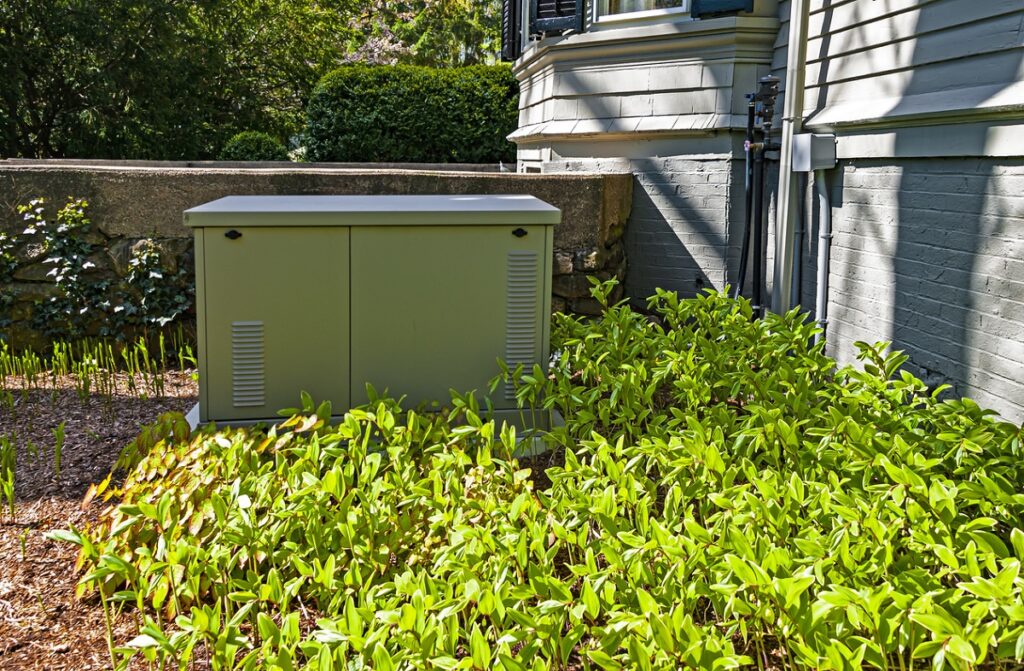With periods of extreme weather conditions happening more frequently these days, interest in electric generators has increased among many homeowners. Utility companies continue to do their best to make the power grid as robust as possible so that power outages are minimized; however, this is proving to be challenging with stronger storms, intense wildfires, flash floods, and more intense periods of ice accumulation.
Having a backup source of electricity is crucial when North American climate patterns are changing and making neighborhoods more susceptible to service outages caused by damaged power lines and transformers. Investing in a generator makes good sense, and you can choose between portable units or standby models that can run power to all the circuits in your house. Both solutions have their advantages and disadvantages for you to consider.
Portable Generators: Pros and Cons
Sales of portable generators skyrocket when inclement weather forecasts are issued, and high demand continues after disasters. These units present an affordable and accessible option for homeowners seeking backup power in emergencies; they are designed to be moved around, and they can be easily stored in a garage or shed until they need to be put into action. Some homeowners who get these generators for emergencies bring them along on camping trips, thus getting more value out of them.
One of the biggest issues with portable generators is that they can be dangerous. The engines that power them generate exhaust fumes with a risk of carbon monoxide poisoning, so they should only be operated outdoors and away from open windows or doors. For the most part, you will not be able to power your entire house during an outage with portable units.
Standby Generators: A Better Solution
The several advantages that fixed standby generators for the entire house present begin with their capacity and safety features. Depending on the size and rating of the generator, you can distribute power to all circuits or designate the most crucial, which for some homeowners could be a Type-2 charging station for their electric vehicles. These systems are equipped with advanced safety features such as automatic shut-off in case of overload situations or when oil levels are low, and their exhaust fumes are safely routed away from the household.
Standby generators are quiet; they are typically enclosed in weatherproof housing and can be installed in outside spots where they will not be a noisy nuisance. If you install a propane gas standby generator, your costs of keeping the house powered for extended periods will be considerably lower than with portable units. Moreover, many standby models feature transfer switches that isolate the home circuits from the power grid; this enables an automatic switching mechanism to provide service continuity even in the middle of a storm.
The only drawback to standby generators is that you can’t take them along on camping trips, but they allow you to recharge an EV battery so you can drive to the campground while the power returns.
If you have questions about generator installation and repair in Santa Cruz, CA, don’t hesitate to get in touch with us at Fisher Electric today.





